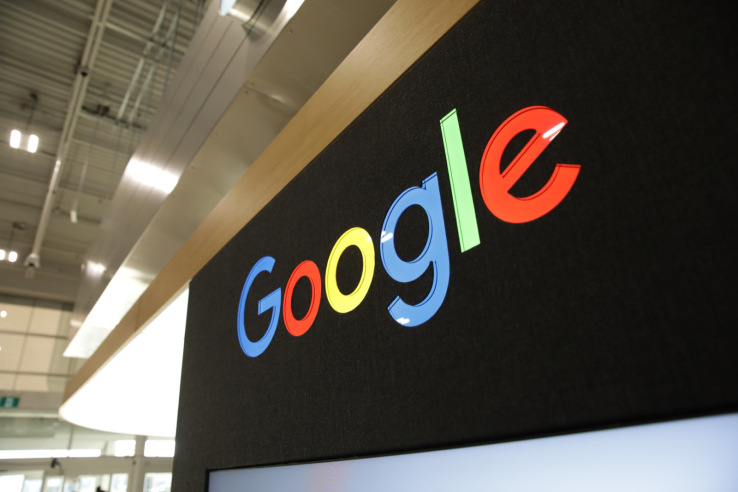
Google Signs Deal To Fuel Its AI Data Centres With Nuclear Energy
Google has signed a deal with California-based Kairos Power to utilize small nuclear reactors for generating the substantial energy required to operate its artificial intelligence (AI) data centers.
According to reports, the company confirmed that the first nuclear reactor is expected to go online within this decade, with additional reactors planned by 2035.
However, the financial terms of the agreement and the specific locations for the plants have not been disclosed.
This move highlights the tech giant’s push to explore sustainable energy sources to meet the increasing energy demands of AI.
Michael Terrell, Google’s Senior Director for Energy and Climate, explained the company’s position saying, “The grid needs new electricity sources to support AI technologies. This agreement helps accelerate a new technology to meet energy needs cleanly and reliably, and unlock the full potential of AI for everyone.”
As AI technology rapidly advances, tech companies are searching for stable and reliable energy solutions. The enormous power demands of AI data centres are driving the industry toward nuclear energy, which offers around-the-clock electricity with minimal carbon emissions.
Kairos Power’s innovative nuclear solution
Kairos Power, a nuclear startup specialising in advanced reactors, has pioneered the development of small reactors that use molten fluoride salt as a coolant, unlike traditional water-cooled reactors. This advanced technology aims to provide more efficient and safer nuclear energy options. The agreement with Google is seen as a key step in demonstrating the commercial viability of nuclear energy in supporting clean energy initiatives.
Jeff Olson, an executive at Kairos Power, highlighted the importance of the partnership: “The deal with Google is important to accelerate the commercialisation of advanced nuclear energy by demonstrating the technical and market viability of a solution critical to decarbonising power grids.”
Regulatory approvals pending
Despite the optimism surrounding the project, the companies must first obtain approval from the U.S. Nuclear Regulatory Commission and other local regulatory bodies. Kairos Power has already received significant regulatory backing, having been granted the first U.S. permit in 50 years to construct a new type of nuclear reactor.
Construction has begun on a demonstration reactor in Tennessee, and the success of this project will likely pave the way for future developments.
What you should know
Google’s partnership is not the first step toward nuclear energy in the tech industry. In July, Microsoft signed an agreement to restart operations at the Three Mile Island nuclear facility in Pennsylvania, which was the site of the worst nuclear accident in U.S. history.
Similarly, Amazon recently announced plans to power its data centres with nuclear energy in Pennsylvania. These moves reflect the growing interest in nuclear power as tech companies look for sustainable energy sources that can keep up with rising consumption demands while reducing carbon footprints.
Nairametrics reported the impact of digital technologies on Nigeria’s economy, revealing that Google’s tools and services contributed approximately $1.8 billion in 2023. The Nigeria Digital Opportunity report, released recently, identified key services such as Google Search, Ads, Google Play, YouTube, and Google Cloud as crucial drivers of productivity for Nigerian businesses, creators, and workers.
About Author
Discover more from BillionBill
Subscribe to get the latest posts sent to your email.


